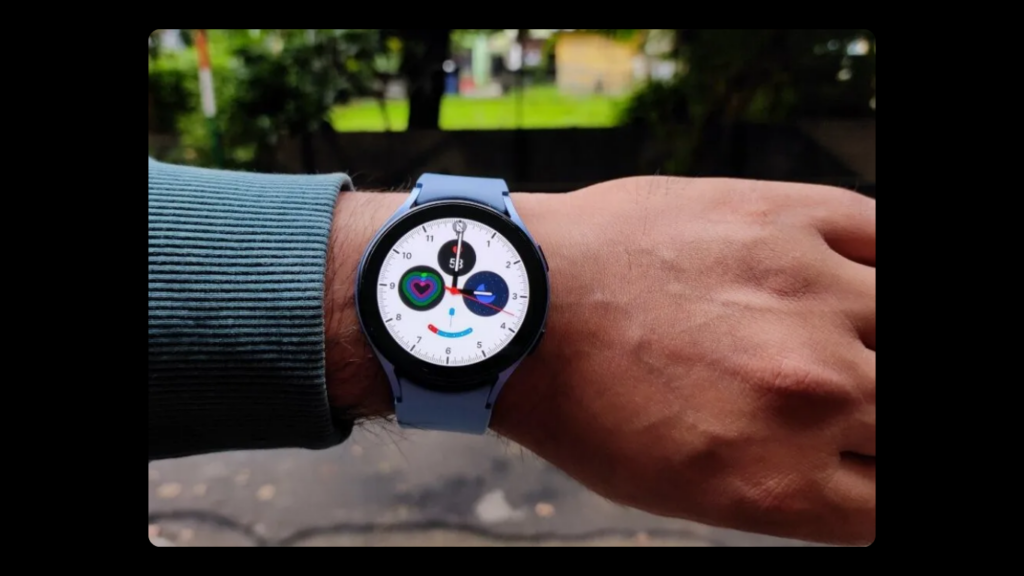Samsung and the University of Georgia (UGA) have teamed up to revolutionize how we track our health digitally with the debut of the Energy Score on the Galaxy Watch. This innovative feature provides users with a daily measurement of their energy levels by melding physical and cognitive data into one comprehensive metric.

Guided by Patrick O’Connor, a professor with extensive expertise in exercise science and psychobiology from UGA’s Mary Frances Early College of Education, this new feature goes beyond traditional physical assessments. It uniquely combines these with cognitive evaluations, offering a holistic view of an individual’s energy throughout the day.
The Galaxy Watch leverages state-of-the-art sensors to gather a variety of health metrics such as activity levels, sleep quality, heart rate, and heart rate variability, which is particularly telling of one’s cardiovascular health by showing the time intervals between heartbeats.
The effectiveness of the Energy Score was rigorously validated through cognitive testing and self-reports of energy and fatigue collected by O’Connor’s team, showcasing a significant alignment with actual clinical outcomes. This connection highlights the score’s reliability in forecasting daily cognitive functions based on historical data from the watch’s sensors.
The system smartly incorporates demographic factors like age and gender, using AI to enhance the accuracy of the Energy Score. This technology allows for tailored health recommendations each day, based on the individual’s specific readings.
Importantly, the tool also educates users about the impact of overexertion. For example, an unusual spike in exercise intensity or mental exertion can cause a dip in the Energy Score, signaling the need for body recovery. However, maintaining a routine of consistent exercise and proper rest can gradually boost one’s overall energy capacity, thus enhancing the score for similar efforts in the future.

Sleep quality is also a crucial component, influencing the score through metrics such as the duration and consistency of sleep, along with how quickly individuals fall asleep. By analyzing sleep-related heart rates and variability, the watch can offer insights into both physical and mental health, which helps predict energy levels for the following day.
Lee Yunsu, who leads Samsung Research’s data intelligence team, highlights the project’s scientific depth and collaborative achievement. “Working alongside Professor O’Connor has allowed us to address this complex challenge with a solid scientific foundation. We’re dedicated to pushing forward our data and AI capabilities to ensure that Samsung’s devices are increasingly utilized to foster healthier living,” Lee commented.
This partnership marks a pivotal advancement in wearable technology, merging academic insights with technological innovations to enhance everyday health management for users worldwide. Samsung and UGA are at the forefront, setting new benchmarks for how technology can integrate into our health routines.

Subtly charming pop culture geek. Amateur analyst. Freelance tv buff. Coffee lover
